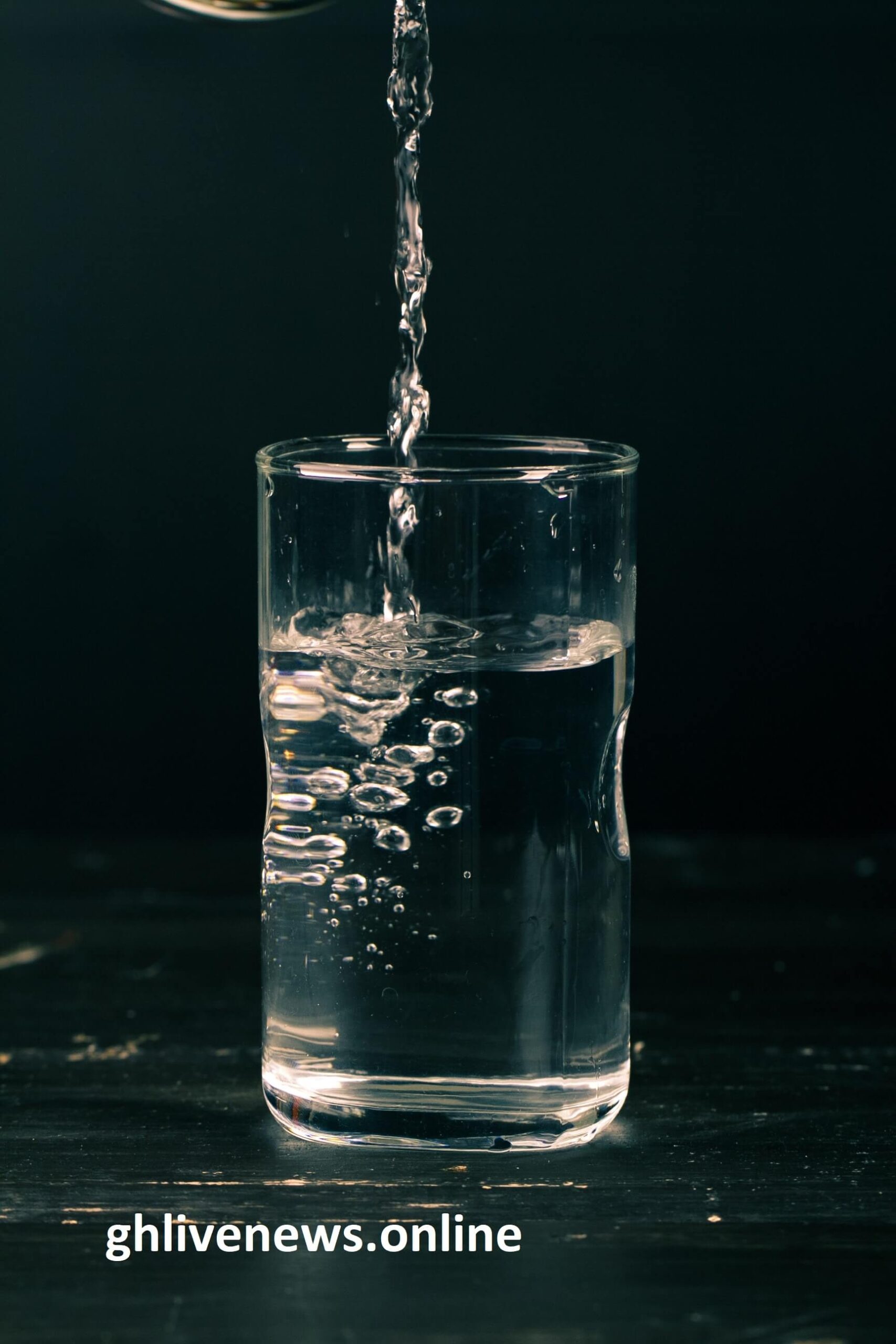The Dangers of Overhydration: What Happens When You Drink Too Much Water?
Water is an essential element for the proper functioning of the body’s cells. Adequate hydration is crucial for maintaining overall health and well-being. However, drinking too much water, a condition known as overhydration, can have detrimental effects on the body. In this article, we will explore the dangers of overhydration, the signs to watch out for, and how to maintain a healthy balance of water intake.
Understanding Overhydration
Overhydration occurs when an individual consumes an excessive amount of water, causing an imbalance in the body’s electrolyte levels. The popular recommendation of drinking eight glasses of water a day is a good starting point, but it is important to adjust your intake based on various factors such as your environment, exercise routine, overall health, and specific conditions like pregnancy or breastfeeding.
When you drink an excessive amount of water, it can lead to water poisoning or intoxication, which can disrupt brain function. This happens when there is an overload of water in the cells, including the brain cells, causing them to swell. As a result, pressure builds up in the brain, leading to symptoms such as confusion, drowsiness, and headaches. In severe cases, increased pressure in the brain can even cause conditions like hypertension (high blood pressure) and bradycardia (low heart rate).
Another electrolyte that is significantly affected by overhydration is sodium. Sodium plays a crucial role in maintaining the balance of fluids in and out of cells. When the levels of sodium drop due to excessive water intake, fluids can enter the cells, leading to their swelling. This condition is known as hyponatremia and can have serious consequences such as seizures, coma, and even death.
Recognizing the Signs of Overhydration
It is important to be aware of the signs that indicate you may be drinking too much water. By paying attention to these signs, you can take necessary steps to maintain a healthy water balance in your body. Here are some key indicators to watch out for:
1. Monitoring the Color of Your Urine
One of the simplest ways to determine if you are drinking enough water is to observe the color of your urine. Typically, urine ranges from pale yellow to tea-colored due to the presence of a pigment called urochrome and the water level in your body. If your urine is consistently clear, it is a clear sign that you may be consuming an excessive amount of water within a short period.
2. Frequency of Bathroom Trips
Another indicator of potential overhydration is the frequency of urination. On average, a person should urinate six to eight times a day. However, if you find yourself needing to relieve yourself more frequently, such as ten or more times a day, it may be a sign that you are drinking an excessive amount of water. This is particularly true for individuals who consume high amounts of water, caffeine, or alcohol.
3. Paying Attention to Your Body’s Thirst Signals
The body has its own mechanism to signal when it requires water to combat dehydration. Thirst is the body’s way of letting you know that it needs hydration. By listening to your body’s signals and drinking water when you feel thirsty, you can maintain a healthy balance of water intake. Avoid the tendency to drink water excessively, even when you are not experiencing thirst.
Achieving a Balanced Water Intake
Maintaining a balanced water intake is crucial for overall health and well-being. While it is important to stay hydrated, it is equally important to avoid overhydration and its associated risks. Here are some tips to help you achieve a healthy balance:
1. Understand Your Fluid Requirements
The amount of water needed by each individual can vary based on factors such as age, weight, activity level, and climate. It is essential to understand your specific fluid requirements and adjust your water intake accordingly. Consulting with a healthcare professional can provide valuable insights into your specific hydration needs.
2. Be Mindful of Your Environment and Physical Activity
Your environment and physical activity play a significant role in determining your water needs. Hot and humid weather, as well as intense physical exertion, can cause increased water loss through sweat. In such situations, it is important to replenish fluids adequately to prevent dehydration. However, be cautious not to overhydrate by consuming excessive amounts of water.
3. Listen to Your Body’s Signals
Your body is a remarkable indicator of its own needs. Paying attention to thirst signals and drinking water when you feel genuinely thirsty is an effective way to maintain a healthy water balance. Avoid the common misconception that you need to constantly drink water, even when you are not experiencing thirst.
4. Consider Electrolyte Balance
Maintaining a balance of electrolytes, especially sodium, is crucial for overall health. While overhydration can lead to hyponatremia and low sodium levels, it is equally important to ensure you are getting adequate amounts of electrolytes. This can be achieved through a balanced diet that includes foods rich in electrolytes or through electrolyte supplements if necessary.
5. Seek Professional Guidance
If you have specific health conditions or concerns regarding your water intake, it is always advisable to consult with a healthcare professional. They can provide personalized advice based on your individual needs and help you maintain a healthy water balance.
Conclusion
Water is essential for the proper functioning of the body, but it is important to strike a balance in your water intake. Overhydration can lead to water poisoning, disruption of brain function, and imbalances in electrolyte levels. By being mindful of the signs of overhydration and listening to your body’s signals, you can maintain a healthy balance of water intake. Remember to consult with a healthcare professional for personalized advice and make adjustments based on your specific needs. Stay hydrated, but also be cautious of the dangers of excessive water consumption.




